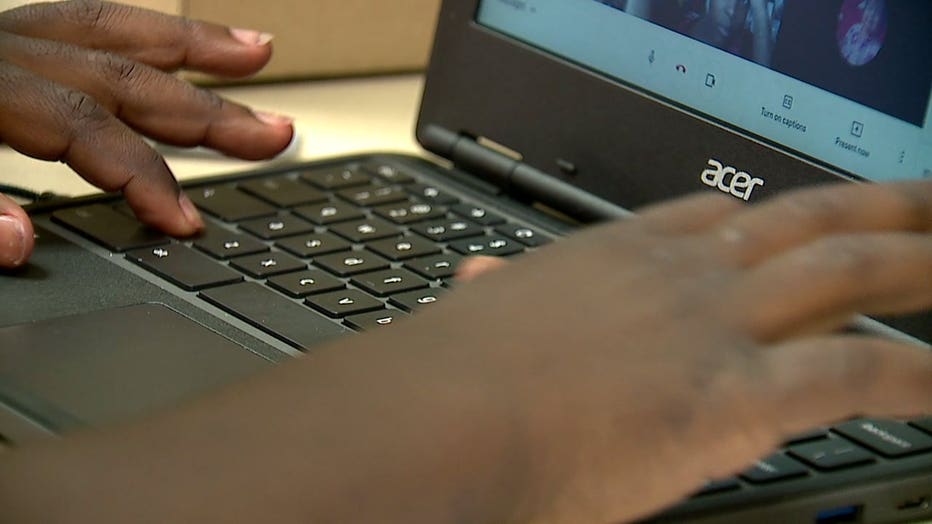FBI stresses online safety as virtually learning resumes for many

Authorities warn of internet predators as students begin virtual learning
An official with the FBI Milwaukee says predators often times use fake aliases and profiles, appearing to be a friend of a common age.
MILWAUKEE - The coronavirus pandemic has led to virtually learning for many children, and as more of them navigate the internet on their own, online safety has become even more important.
Authorities say children should learn who could be on the other side of the keyboard as they log-in for lessons.
"With more kids online, clearly that widens the base for predators online looking to exploit befriend and kind of manipulate the children online," said Trevor Sisk, supervisor over child exploitation and human trafficking task force for the FBI Milwaukee, said.
Though there is an increase in risk, the FBI says awareness starts with education.
"The parent's concern should obviously center around the child putting themselves out there, exposing too much information," said Sisk. "Personal identifiable information such as phone numbers, address, schools they go to, age, anything that might allow that individual on the other end to identify and even locate children."

Sisk said to be extra vigilant as students partake in different group chats or social media platforms. Predators often times use fake aliases and profiles, appearing to be a friend of a common age.
"That is the venue predators utilize to identify, groom, recruit kids to either send them pictures of child porn of themselves or even worse meet up at a park and talk about commonalities," Sisk said,
However, Sisk says, there are ways to help make sure online interactions are safe.
"Check browser history, very important also have any internet usage be in a common place," said Sisk. "You have to set boundaries with kids in terms of what is expected of them and their behavior."
FBI officials suggest having an open forum with kids and age-appropriate conversations about why everyone on the internet is not their friend.
If you suspect any inappropriate activity, contact law enforcement immediately. The FBI also has resources and information regarding scams, safety and protecting kids on its website -- CLICK HERE.

